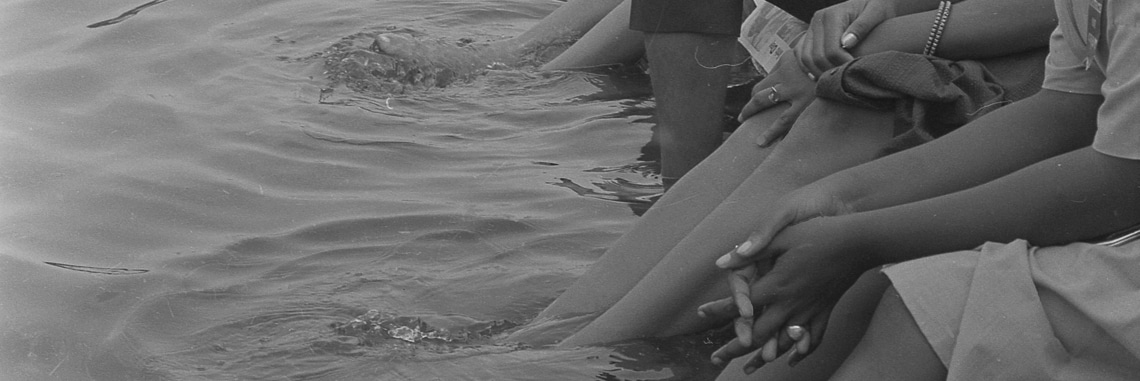
Nature, Cosmos, and Connection: Weekly Summary
Nature, Cosmos, and Connection
Week Seven Summary and Practice
Sunday, February 14—Friday, February 19, 2021
Sunday
Once we know that the entire physical world around us, all of creation, is both the hiding place and the revelation place for God, this world becomes home, safe, enchanted, offering grace to any who look deeply.
Monday
The old story was of victimization, marginalization, oppression, oppressors; and the new story would see all of us evolving, self-expanding, and finding a new place in this wonderful cosmology that is a reality we have not paid attention to. —Barbara Holmes
Tuesday
The Great Chain of Being of the early Middle Ages was a cosmic egg of meaning, a vision of Creator and a multitude of creatures that excluded nothing.
Wednesday
The world insists that we are what we do and achieve, but contemplation invites us to practice under-doing and under-achieving, reminding us of the simple grace and humility of being human.
Thursday
The moral covenant of reciprocity calls us to honor our responsibilities for all we have been given, for all that we have taken. —Robin Wall Kimmerer
Friday
Prayer is the movement of the heart of a person toward God; a movement that in a sense is within God—God in the heart sharing its life with God the Creator of all Life. —Howard Thurman
Being Here
The natural world has so much to teach us about God, ourselves, and our connection to one another. Scholar and artist Alexis Pauline Gumbs shares wisdom from dolphins:
Here we are, where presence meets offering, looking to Indus river dolphins who live by constantly using sound to mark where they are. . . . What could it mean to be present with each other across time and space and difference? Presence is interpersonal and interspecies and intergalactic, in some ways eternal. How can we rethink our presence on the planet and its precarity by paying attention to how the Indus dolphins have brought themselves back from the brink of extinction? Could we learn to love the humpback whale beyond its marketable mythology and love ourselves beyond what capitalism tells us is valuable about being us? Marine mammal mentorship offers us the chance for presence as celebration, as survival and its excess, as more than we even know how to love about ourselves and each other.
Most cetaceans have a crystalline lens over their eyes so they can see underwater. The South Asian river dolphins do not. Also the water moves so quickly, and is so full and turbid that not much would be visible if they were looking with their eyes. So they look instead with their voices.
The Indus and Ganges river dolphins live in sound. They make sound constantly, echolocating day and night. In a quickly moving environment they ask where, again where, again where.
The poem of the Indus river dolphin is the ongoing sound of here, a sonic consciousness of what surrounds them, a form of reflective presence. Here.
The home of the Indus river dolphin has gone through many manmade changes. . . . . Through all of it, the Indus river dolphin, who clicks all day and night, has been saying, here. Here. Here. Here. In a language I want to learn. . . .
In the language I was raised in, “here” means “this place where we are,” and it also means “here” as in “I give this to you.” Could I learn from the Indus river dolphin a language of continuous presence and offering? A language that brings a species back from the brink, a life-giving language? Could I learn that? Could we learn that? We who click a different way, on linked computers day and night? . . .
What I want to say to you . . . requires me to reshape my forehead, my lungs. It requires me to redistribute my dependence on visual information. So I will close my eyes and say it: Here. Here I am. Here I am with you. Here is all of me. And here we are. Here. Inside this blinding presence. Here. A constant call in a moving world. Here. All of it. Here. Here. Humbly listening towards home. And here. And here. Right here. My poem for you. My offered presence. This turbid life. Yes. Here you go.
How might we offer to be “here” for ourselves, someone else, or the world around us today?
Experience a version of this practice through video and sound.
Reference:
Alexis Pauline Gumbs, Undrowned: Black Feminist Lessons from Marine Mammals (AK Press: 2020), 67‒69.

